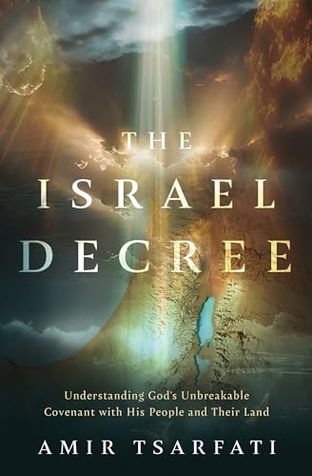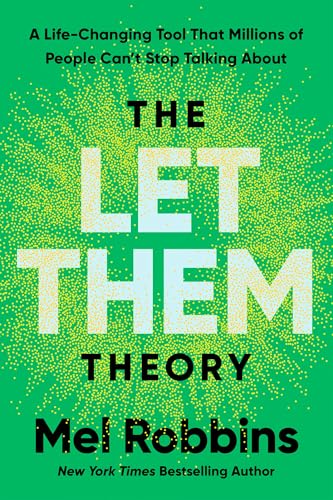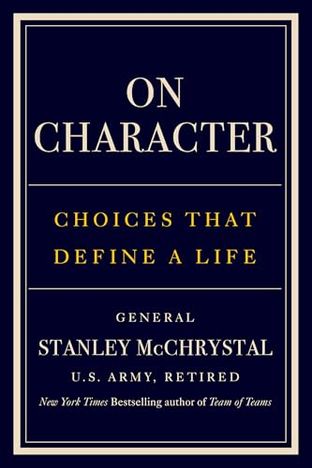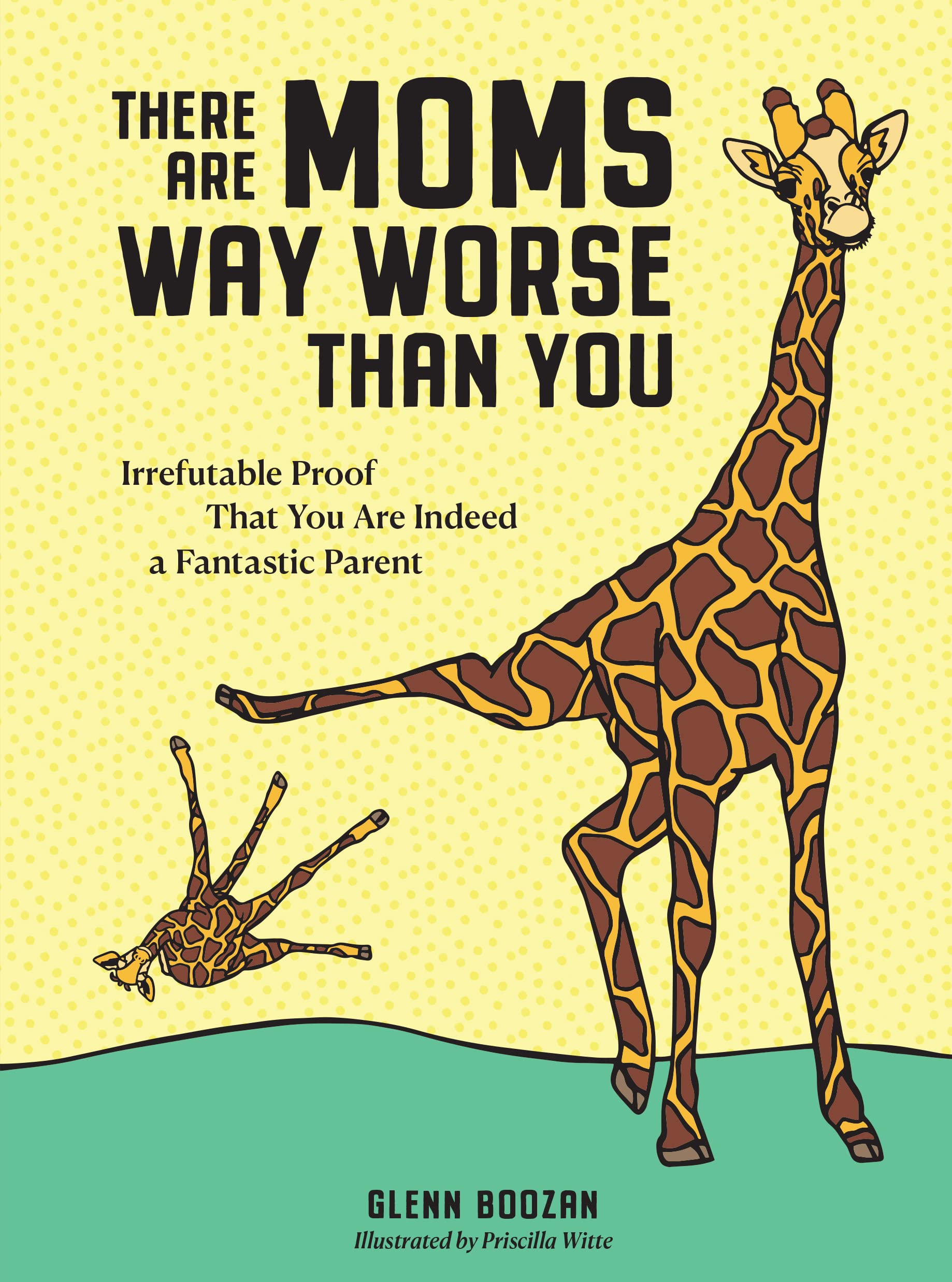Review of The Israel Decree
by Johny McFliggen, PhD Literature & Business, Oxford
As I sit in my well-worn armchair, sipping a blend of Earl Grey that would make even Jean-Luc Picard nod in approval, I find myself at a peculiar crossroads with "The Israel Decree" by Amir Tsarfati. It is a book that, as of now, resides more in the shadows of literary obscurity than in the illuminations of public discourse. Yet, it springs from the pen of a man whose voice resonates powerfully in certain circles, echoing like the chants of a fervent congregation at an evangelical gathering.
Amir Tsarfati—an Israeli raconteur with a penchant for biblical prophecy and the tangled web of Middle Eastern politics—crafts his narratives much like a seasoned composer conjuring symphonies from chaos. His works are often a high-wire act between ancient scripture and contemporary geopolitics, leaving one to ponder if we are merely actors on a stage where every play is a revival of some divine script.
Given the scarcity of concrete details about "The Israel Decree," one is left to speculate, grasping at the ephemeral strands of what could be. If his past oeuvre is any indication, we might expect a fusion of eschatological musings with the realpolitik of the Levant—a sort of intellectual cocktail that would delight both theologians and Tom Clancy aficionados alike.
While some may dismiss his work as niche, there is an undeniable craft in Tsarfati’s weaving of prophecy with current events, reminiscent of how C.S. Lewis would intertwine allegory and faith in his Narnia chronicles. One might also draw parallels with Joel C. Rosenberg or Mark Hitchcock, fellow architects of prophetic intrigue who navigate similar thematic waters.
However, without the text in hand, we're left to imagine what "The Israel Decree" could entail. Is it a call to arms? A cautionary tale? Perhaps it is both, wrapped in a narrative that challenges us to reconcile our modern sensibilities with an ancient worldview.
In conclusion, while I cannot yet dissect "The Israel Decree" with the precision it may one day deserve, I remain intrigued by its potential. It beckons to those willing to explore the intersections of faith and politics, offering what could be a compelling narrative for those attuned to Tsarfati's unique cadence. As we await more details, perhaps the book will emerge from obscurity like a phoenix rising from the ashes—proclaiming its truths for all to see. Until then, it remains an enigma, wrapped in prophecy, waiting to be decoded by those brave enough to turn its pages.
Purchase Link: The Israel Decree on Amazon



